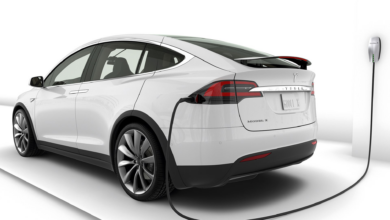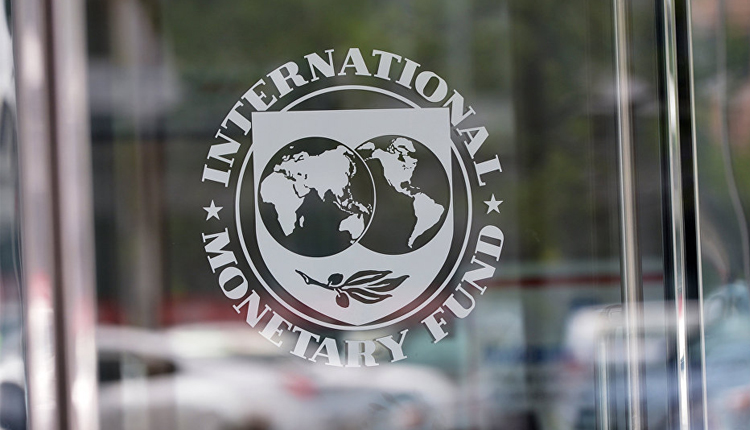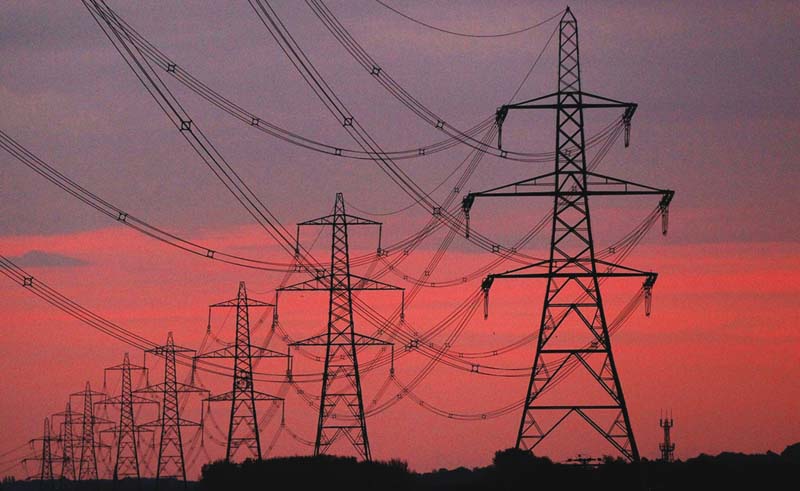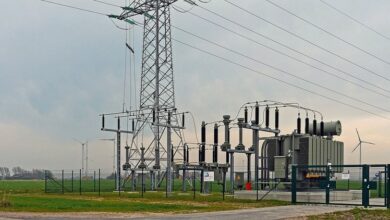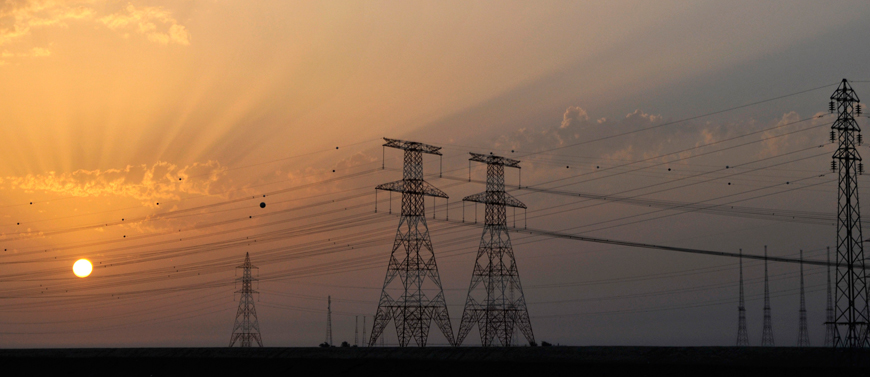
The government has to support the domestic consumption of electricity with subsidies up to LE 46.7 billion; however, the amount of subsidy available is only LE 16 billion, so the Ministry of Electricity raised the electricity of some consumer segments to compensate LE 10 billion, Electricity Minister Mohamed Shaker said in a three-hour meeting on Saturday with the Energy and Environment Committee of the House of Representatives, according to al-Borsa news website.
Even if all electricity bills are collected, the deficit will be LE 21 billion, he said, pointing out that the sector is going through a difficult stage and that the ministry will resort to increasing electricity prices in July.
The ministry launched a service to charge the electric meters through an application on mobile phones, Shaker said, pointing out that the service is currently available only in some areas and will be applied widely soon.
Shaker announced in January that lifting the electricity subsidies has been postponed from the 2018-2019 fiscal year to 2021-2022, due to changes in the US dollar exchange rate.
Shaker pointed to a deficit in the collection of electricity bills of LE 15 billion, so the trend was initiated to install pre-paid electricity meters.
Since June 2015, electricity has not been cut off once due to power shortage, but any power cuts were the result of malfunction, Shaker said.
The Electricity Ministry increased electricity prices in July 2018. In 2017, Egypt had hiked household electricity prices by up to 40 percent. Egypt’s government had previously increased electricity prices in July 2015.
Egypt’s government announced in 2017 that it would lift energy subsidies over five years as part of the economic reform program sponsored by the International Monetary Fund (IMF), which includes eliminating fuel subsidies.
In an attempt to reinvigorate its economy since 2011, Egypt obtained an IMF loan in 2016 in exchange for implementing a rigorous reform program, beginning with the flotation of the pound. Egypt also removed its fuel subsides, causing an increase in fuel prices by 66.6 percent.

